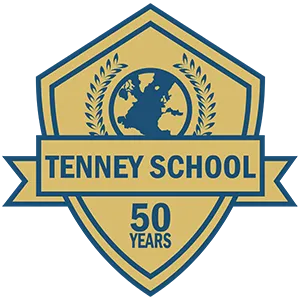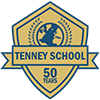Elementary Public Schools in the United States started as a one-room schoolhouse and evolved into overcrowded classrooms. Only the wealthiest families could afford to send their children to private schools, which for the most part consisted of boarding schools. Public schools now offer more choices in the way of the Charter and Magnet options. But, today’s parents find themselves with several private school options.
Types of Private Schools to Consider
Private schools serve children from about the age of three through high school graduation. Of course, private colleges and universities also exist for those wanting to extend their education beyond the legal requirements. Private school options from preschoolers to high school students include the following:
Montessori
Founded in 1911 by Dr. Maria Montessori, the Montessori Method bases its learning style on a knowledge-rich, child-centered approach. The ambiance of a Montessori classroom pays attention to a pleasing, natural aesthetic. You will find real plants and wooden desks, that although somewhat organized, don’t line up in the ridged rows of the traditional classroom.
Montessori learning borrows a feature from the old one-room schoolhouse in which children from ages three to six may all learn at their appropriate level in the same setting. The purpose of a range of ages in one classroom encourages the older children to give inspiration to the younger kids.
Homeschooling
Many people needed their children involved in homeschooling or online learning in the past year due to the pandemic. But for many, homeschooling represents a permanent choice in the education of their children. When considering the homeschooling option, preparation becomes vital. Consider these guidelines:
- Connect with other parents who home school.
- Know your state laws regarding homeschooling.
- Explore the relationship between your child’s learning preference and your teaching style.
- Find the right curriculum to meet state requirements and inspire your child.
- Re-evaluate frequently to see if you need to make changes to the schedule or curriculum.
- Celebrate achievements as a teacher and a parent.
University Hybrid Model
The University Hybrid Model combines a traditional Christian education with that of homeschooling. Typically, students spend two to three days on campus and the other days learning at home.
This type of learning encourages a meaningful relationship between the parent and on-campus instructors. It also realizes and promotes quality family time.
Classical Education
Rooted in the foundations of Greek and Egyptian principles, classical education operates under the idea that we’re all capable of achieving the ‘divine spark’ because of our creation in a divine image.
Classical education consists of the Trivium of grammar, logic, rhetoric and the Quadrivium of geometry, astronomy, arithmetic, and music.
Tenney School May Represent the Best Private School Options for Your Child’s Education
The “Power of One” philosophy makes up the primary tenet of Tenney School’s mission statement. The goal to achieve both academic and social success for every student becomes attainable because rather than teaching to the middle, each child’s learning styles and abilities come into play when determining the curriculum and learning style best for them.
Through the Gifted and Talented program, Tenney advances student grade levels according to abilities and achievements. Tenney also incorporates art and music into its curriculum for the Gifted and Talented.
Tenney School also concentrates on college readiness in preparing students for ACT and SAT exams. Students in their senior year often take college-level classes at Tenney. Additionally, students receive instruction on finances and other practical life lessons.
In addition to academics, Tenney also understands the importance of social development and incorporates that into the learning experience.
If you would like to discuss the possibility of enrolling your child in Tenney School, we would love to talk with you. Please contact us here.


